Professor Michel Chossudovsky gave an interview to correspondent of Mehr News English Service, who asked him about recent release of a long list of political as well as celebrity personalities who had allegedly been involved in money laundering attempts.
Mr. Chossudovsky believed that the number of such offshore havens was not limited to Panama and exceeded 50 centers scattered around the world. He also believed that the process by which illicit money is laundered was proposed by big banks and financial institutions for their clients which suggest them profits of evading taxes and other questions otherwise asked in a healthy banking system:
He begin with a general view of the Panama Papers; “I think that if we want to understand the Panama Papers we have to start looking at structure of offshore banking, which is essentially an extension of the Anglo-American banking system. All major Wall Street and London banks including JPMorgan Chase, Goldman Sachs, all the European banks, Deutsche Bank, they all have branches in these offshore havens whether it’s in Caribbean or Switzerland, etc. Essentially, to discuss the issue of who has an account in there, is a non sequitur, is irrelevant. We have to point to the fact that who controls these offshore institutions on the major financial institutions that we know of and what they are involved in, they are involved in money laundering, extensively money laundering which means the laundering of the proceeds of organized crime particularly the drug trade, the trade of weapons, and so on so forth; of course it is an offshore haven to evade taxation and this is something which is so wide-spread and it’s also built in to the legal structures of Western countries in neighbors Large corporations primarily not only individuals to evade taxation by having a subsidiary in tax haven and it is a practice which has become routine; Britain has the Channel Islands, the Isle of Man, which are tax havens for insurance companies; it has the British Virgin Islands, it has the Cayman Islands, it has Panama, when not looking at an isolated event, they are more than 50 offshore havens spread around the world but largely in Switzerland, Luxembourg, Channel Islands, the Caribbean and essentially these are extensions of the Anglo-American banking system so we should be looking at the relationship to large banks, to central banks and so on and the issue which is raised by Panama Papers from my stand point that has not constituted stunning of offshore banking, it simply constitutes a list of individuals who have accounts in these offshore banks and then using that information as a means to smear or to destroy the reputation of particular individuals, whether it’s the prime minister of Iceland or whether it is directed against politicians in the Russian Federation and so and so forth, the avenues for depositing funds in offshore banks are so extensive that even if you look into usual let’s say financial magazines or online, they will say why don’t you open an offshore bank account in the Cayman Islands and we will issue you an ATM card and with the ATM card you will be able to access your account, then millions and millions of people have accounts in there; so we are not talking about something which is peripheral, and if we want to examine the broader issues of tax evasion and money laundering and dirty money, we have to point at the main offenders which are the large banking institutions when they open up shop in the Cayman Islands they may change the name of the institution, they may have a partner there, but they are very visible in those financial markets, very visible indeed, and they encourage the customers to open up accounts in what they call private banking and private banking is often offshore banking and in this environment money moves from one offshore haven to another and it is particularly of use for evasion of taxes but evasion of taxes by wealthy individuals certainly politicians, but largely corporation evade taxes by using offshore havens and they do it within the context of an exciting legal fabric which they themselves influence, and then you have the criminal syndicates, the entities, the mafia cartels both in London and America, Europe, of course United States, Japan and China, they also have accounts in these offshore locations and what do they do, they launder money, and they bring in dirty money which are the proceeds of drug trade, they deposit it in a bank accounts , no questions asked, and then they will invest in real estate, let’s say real estate of Florida, then you have the whole mechanism of money laundering.
I understand that as far as we have such mechanisms like offshore banking there are still chances for such corruptions like money laundering, tax evasions and like, right? So, is it something to be dealt with internationally or in national level, I mean international laws should be changed to meet these problem or national laws should consider this?
Well I think that at the heart of this is the Western banking system and it’s important to have both national and international laws which control or eliminate these entities, because in effect what these entities do is that they protect fraudulent activities as well as organized crime, but the problem is that the banks which making billions of dollars through these money laundering operations and can I mention because there have been many cases of banks like City Group, have being involved in drug money we have known it for years. And when it happens when there is lawsuit they used to blame it on the employee. But in effect, we are talking about many large sums of money accruing, the narcotics strain of money sometimes is estimated to amount to 200 billion dollars a year. That laundering process is the transformation let's say of narco-dollars, drug money into clean money, which then can be invested in other things like the hotels and so on. The problem is that the big banks are complicit in this process because they may see the process, they also received the proceeds of Third World leaders’ depositing money from different illicit sources. I should mention that the international financial institutions, IMF and World Bank, are also complicit, because for some countries, take the case of Colombia, Peru, Bolivia, Mexico, the proceeds of the drug money is also used to repay the countries' external debt. This is well documented, and what the IMF will do is say we have to respect confidentiality, no questions asked to allow for this money to ultimately reach the creditors of these countries and there is very big debate on that, so that in effect, the Panama papers are really giving us information which is trivial in nature, because they are giving a list of individuals having accounts in an offshore location, while they avoid to discuss the facts, that these offshore locations are used by the major financial institutions of western countries but also of Japan, China, and so on to loan vast amounts of money and also to capture the global criminal economy. But I should also mention that the dividing line between what is criminal and what is legal is very difficult to establish. Because now the criminals invest in legal activities.
Michel Chossudovsky is a Canadian economist and author. He is a professor of economics at the University of Ottawa and the president and director of the Centre for Research on Globalization.
Interview By Parnaz Talebi
End of Part One


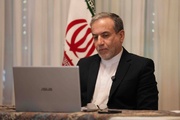
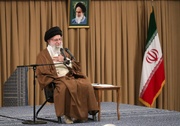
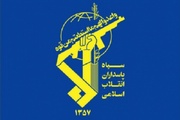
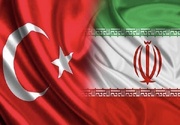

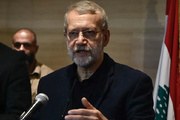
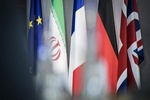
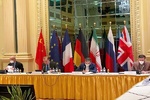
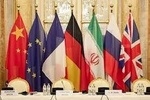
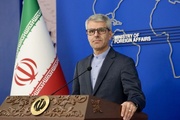


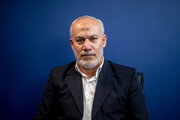
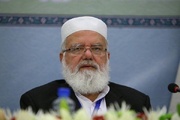
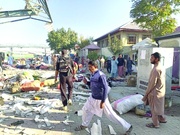
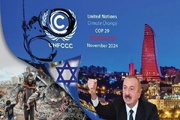

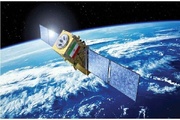
Your Comment